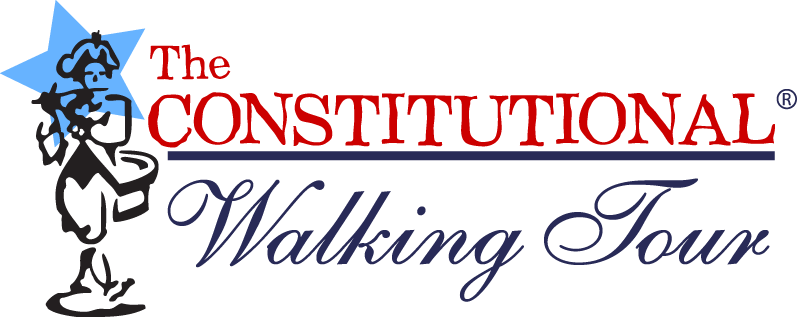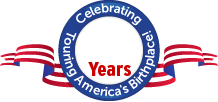Related Posts
- Buy Tickets for The Constitutional Walking Tour of Philadelphia – See 20+ Sites on a Primary Overview of Independence Park, including the Liberty Bell and Independence Hall
- Independence Hall
- Signers' Garden
- Signers' Walk
- Second Continental Congress
Birth: August 5, 1749
Death: Circa 1779 (at the age of about 30)
Colony: South Carolina
Occupation: Plantation Owner, Politician
Significance: Signed The Declaration of Independence (at the age of 26)

Thomas Lynch, Jr. was one of the Founding Fathers of the United States. Born in South Carolina, Lynch, Jr. was the son of Thomas Lynch, who was a leading patriot in the Colony of South Carolina. Lynch was educated in England where he spent eight years until he returned to American in 1772.
After returning to South Carolina, Lynch Jr. joined his father in protesting against Great Britain, eventually joining South Carolina's militia when his father left for Philadelphia to serve in the Second Continental Congress. But Lynch Jr.'s father would begin to struggle with his health, and on March 23, 1776, Lynch, Jr. was named a Delegate to Second Continental Congress in order to take his father's place.
Not long after traveling to Philadelphia, Lynch, Jr. voted for Independence and signed The Declaration of Independence. Lynch, Jr. was the second youngest person to sign The Declaration of Independence at just 26 years of age. After signing The Declaration of Independence on August 2, 1776, Lynch, Jr. continued to serve in the Continental Congress for just a few more months before leaving to escort his father, whose health had been failing, back to South Carolina. But Lynch, Jr.'s father died on the journey back to South Carolina, and Thomas Lynch Jr. also fell ill himself. After years of poor health, Lynch, Jr. sailed to Europe in 1779 in search of a cure, but his ship was lost at sea, and Lynch, Jr. was never seen again.
Thomas Lynch, Jr. in Philadelphia
Few Founding Fathers spent less time in Philadelphia than Thomas Lynch, Jr. since he did not arrive in Philadelphia until April of 1776 as a Delegate to the Second Continental Congress and then retired from the position and left Philadelphia less than one year later.
While serving as a member of the Second Continental Congress, Lynch worked at Independence Hall, where he would eventually sign The Declaration of Independence. A plaque commemorating Lynch for signing The Declaration of Independence can be found on Signers' Walk on the 600 block of Chestnut Street (between 5th and 6th Streets).



